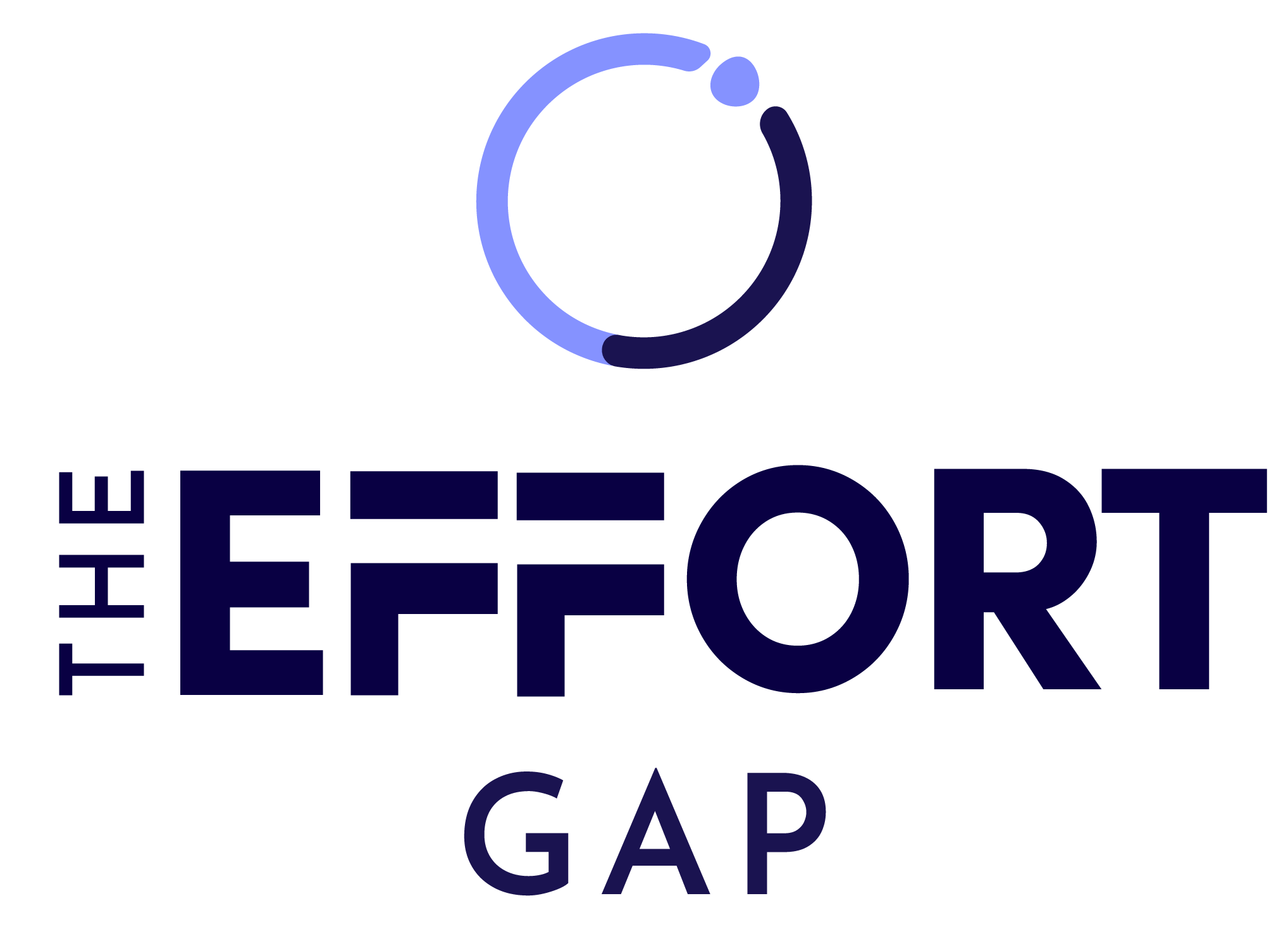External Validation vs. Internal Validity
Assessing the desire for external validation against your own internal validity can help decipher whether your sense of worth comes from within or depends on others.
The Trap of External Validation
External validation is a common subconscious pursuit. From checking for likes on social media to doing all kinds of shit to gain approval at work or in relationships. Humans feel good when they are accepted. But when our sense of worth depends on others, it’s easier to get trapped in cycles of perfectionism, overthinking, and self-doubt. This post unpacks why we seek external validation, explores its consequences, and offers steps towards self-leadership.
The Science of Validation: Why It Feels Good
Humans are wired for connection. Receiving validation triggers a release of dopamine—the brain’s motivational neurotransmitter. This once helped us survive by ensuring we stayed connected to a tribe. In modern times, however, validation has become less about genuine connection and more about soothing insecurities. We are obligated to pursue fleeting approval rather than developing a stable, internal sense of self-worth.
Perfectionism, Overthinking, and Self-Doubt
When we rely on external approval, our inner dialogue often shifts toward perfectionism and hyper-analysis. We second-guess ourselves, convinced that only flawless performance will earn validation. Over time, this creates a feedback loop: we overthink, procrastinate, or avoid taking action altogether.
The Consequences of External Dependency
Emotional Suppression and Disconnection
Living for external validation necessitates suppressing our true emotions and desires. We might avoid expressing opinions or setting boundaries for fear of losing approval. Over time, this disconnects us from our authentic selves, which makes it harder to identify what really matters to us.
We avoid calling out shitty behavior, expressing our opinions, or setting healthy boundaries for fear of losing approval. Over time, this disconnects us from our authentic selves, making it harder to identify what truly matters to us. This process limits our ability to experience genuine connections with others.
Over-Scripting Conversations Feeds Insecurity
One way we try to gain validation is by over-scripting conversation. Whether it’s a job interview, a difficult discussion, or even casual dialogue, over-scripting keeps us in our heads rather than fully present. We come across as robotic or insincere, further undermining genuine connection.
Social Media and Comparison
Social media magnifies the allure of external validation, providing endless opportunities to compare ourselves to others with little to no context or nuance. Curated perfection leave us feeling inadequate. The dopamine hit from likes and shares only offers temporary relief, perpetuating a cycle of seeking approval while eroding an inherent sense of self-worth.
Finding Freedom from External Validation Through Self-Leadership
Developing Clarity of Thought
Freedom from external validation begins with clarity of thought. An untangling of your actual desires and values from societal pressures or others’ expectations. Regular self-reflection, journaling, or mindfulness practices can help you rekindle what truly matters to you.
Practicing Authentic Communication
Authenticity is the antidote to validation-seeking. Instead of over-scripting, communicate honestly, even when it feels uncomfortable. Authentic communication doesn’t require perfection; it requires presence. This ain’t a performance. Authentic communication is not about merely not telling lies, it’s a gut-honest admission of your current vantage point.
Building Resilience Against the Desire for External Validation
Developing resilience means strengthening your ability to withstand criticism, rejection, or disapproval without internalizing it. This starts with cultivating a healthy inner dialogue.
Escaping a dependence on external validation doesn’t mean isolating yourself or ignoring others’ opinions. It’s about maintaining the authority to define your own worth on your own terms. By cultivating clarity of thought and authenticity, you can lead a life driven by your values, not by the fleeting approval of others. The result is better self-leadership skills and stronger relationships.






